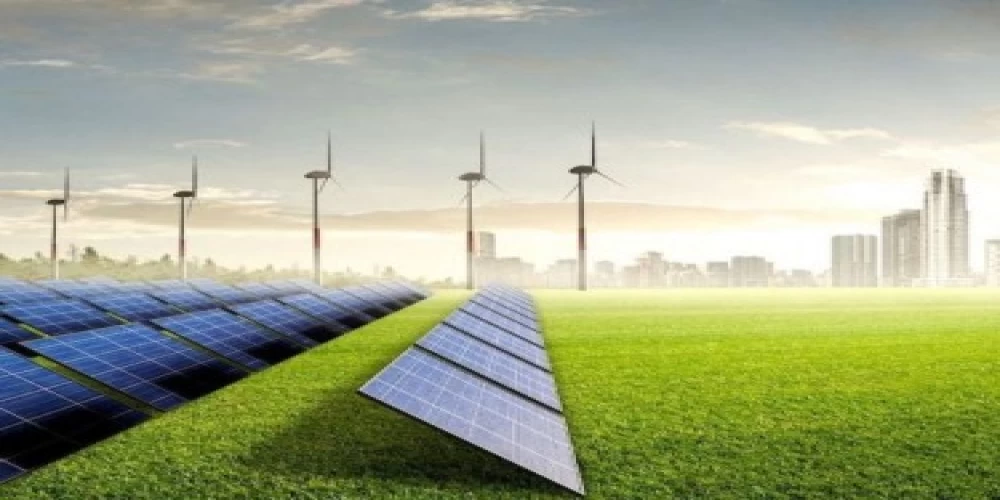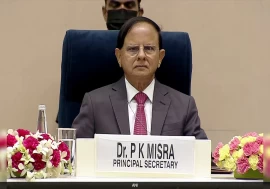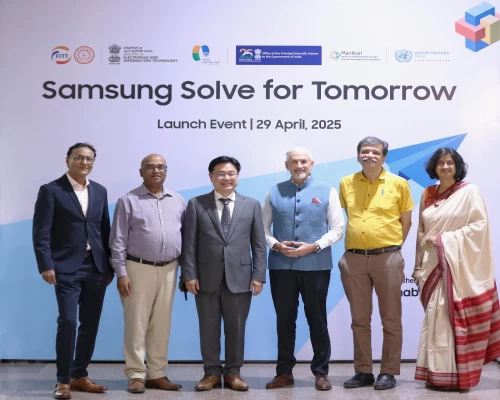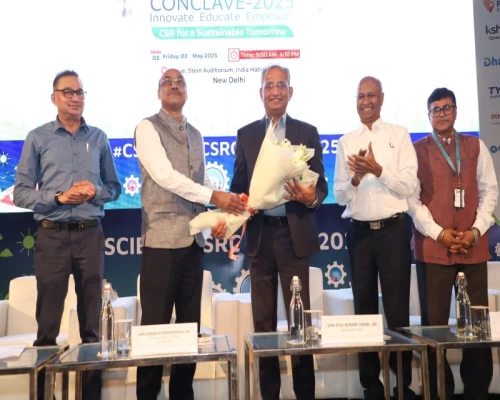
New Delhi: CEF Group, a prominent organization focused on promoting efficient waste management and sustainable development, recently announced a significant milestone of successfully treating over 200,000 metric tons of waste. They have ambitious plans to triple this number by the end of next year. Using advanced waste management techniques such as automated and mechanical segregation, followed by manual sorting, CEF Group effectively manages large amounts of waste and plays a crucial role in preventing environmental degradation.
According to CEF Group, the most effective waste management solution in India involves treating organic waste and transforming it into Bio-CNG through a process known as anaerobic/aerobic digestion. In contrast, previous waste management methods utilized non-environmentally friendly practices such as waste incineration to generate power, which proved insufficient to meet India's increasing energy demands. CEF Group recognized the untapped potential of waste management and became a market leader by implementing sustainable practices that do not harm the environment.
"Our waste-to-energy process is designed to achieve optimal waste management outcomes while minimizing environmental impact. Inert waste is first separated and sent to landfills to produce organic and inorganic substances. Organic waste undergoes anaerobic/aerobic digestion to produce biogas and solid/liquid digestate which becomes organic manure. Meanwhile, inorganic waste such as glass, plastic, rubber, board, and cloth are converted into RDF for use in combustion alongside coal in industries such as cement factories. Our biogas is purified and converted into biomethane or Bio-CNG/CBG, which can be used as a vehicular fuel under the SATAT policy,” said Maninder Singh, CEO, CEF Group.
CEF Group is setting up Zero Liquid Discharge based plants, which adhere to the environmentally friendly guidelines outlined in the 2016 Municipal Solid Waste (MSW) rulebook. To promote sustainable waste management practices and accelerate India's green growth, various government initiatives such as SATAT and bio-gas subsidies are being extensively advocated. /BI/













